Jaén is known as the cradle of olive oil in Spain supplying over 50% of the olive oil consumed in Spain
By Nick Nutter | Updated 25 Apr 2022 | Andalucia | Recipes |
Login to add to YOUR Favourites or Read Later
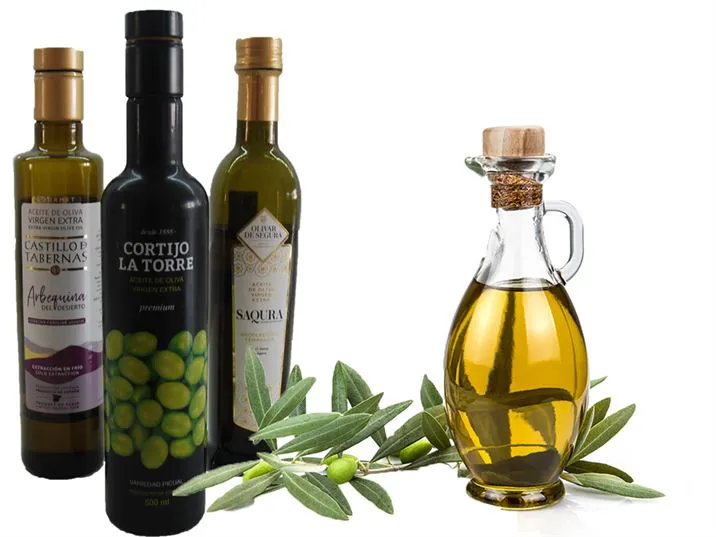
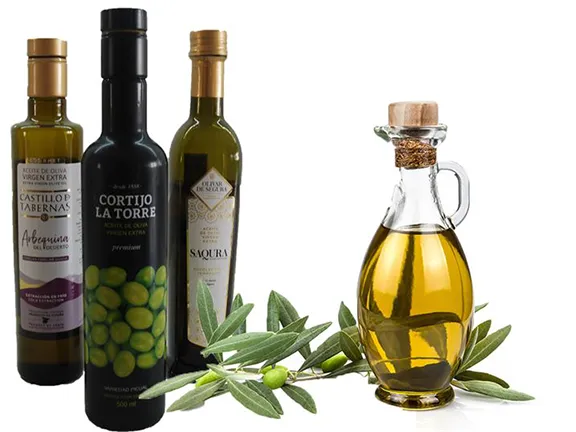
Extra Virgin Olive Oils
Although olive oil is produced in all the provinces in Andalucia, it is the oil from Jaén province that eclipses all others. Known as the ‘cradle of olive oil in Spain’, Jaén province supplies something over 50% of the olive oil consumed in Spain and over 20% of the total production of olive oil in the world. Over 550 square kilometres are planted with olive trees and they produce 600,000 tonnes of oil every year. That equates to over 67 million litres of ‘liquid gold’ per year. The province of Jaén is known to produce the best olive oil in the world. It made sense for us to go to the centre of Jaén province, specifically Úbeda, to learn more about olive oil.
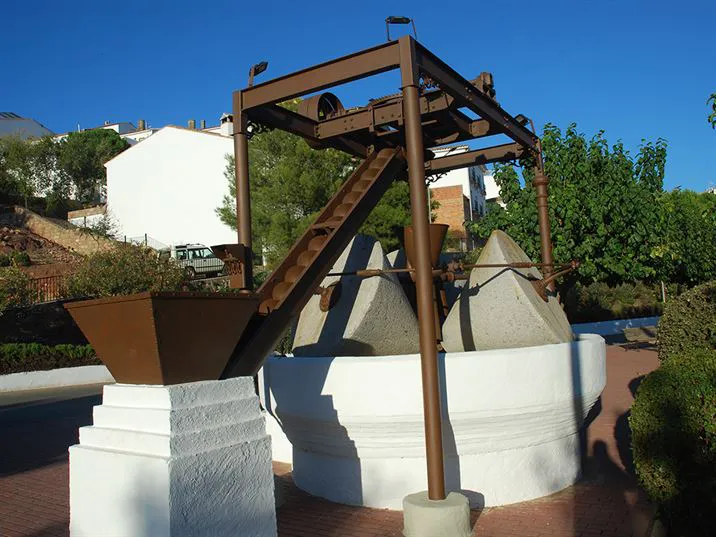

Ancient olive oil press - Jaen
Most of us are familiar with the standard olive oil that we use in everything from deep frying to salad dressings. Unless the label says otherwise those cheaper oils are a blend of refined oils and some extra virgin oil. The aim of the manufacturers is to produce an all-purpose oil that remains unchanged from year to year.
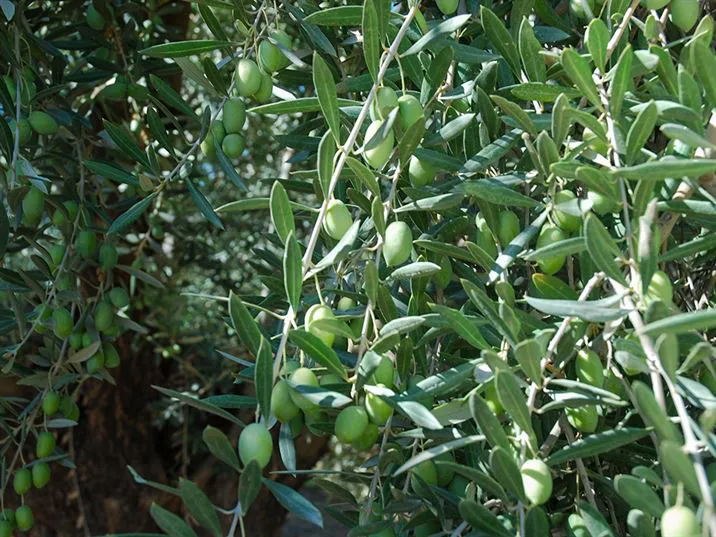
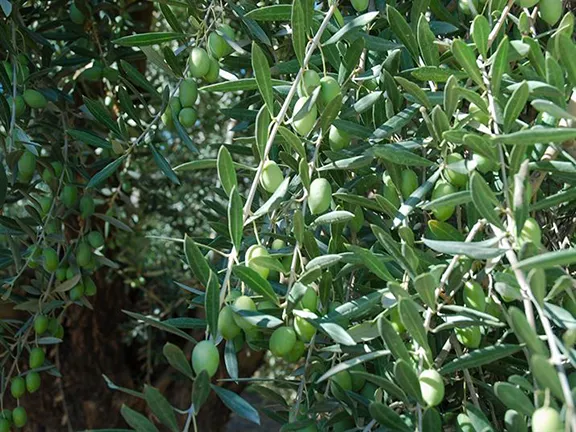
Arbequina olives
It is only when you delve into the world of extra virgin olive oils that the differences in taste and use become important. If you take the trouble to experiment a little, you will enhance your culinary skills. As with everything, a little knowledge goes a long way.
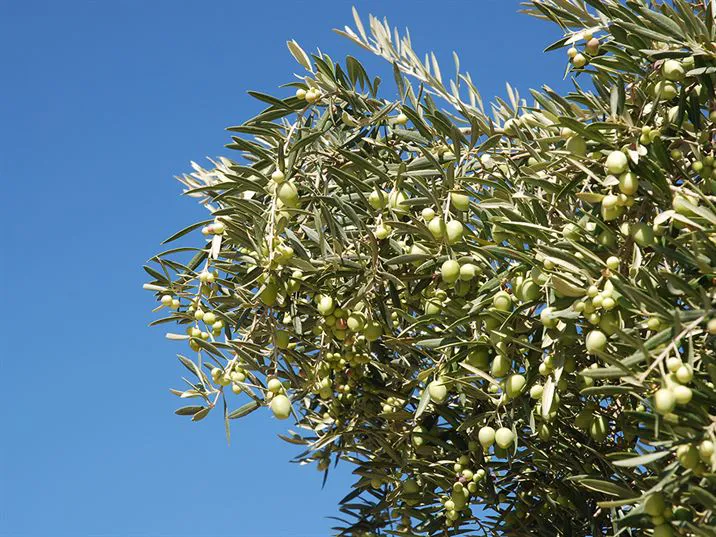

Hojiblanca olives
An epicure will tell you that an extra virgin olive oil produced from the same olive variety will taste different depending on where it was grown; in the mountains, on the plains or in the valleys and in which province. Not to mention when in the picking season the olives were harvested and whether it was a good growing year or bad. Life is too short to explore every possibility and combination - unless you fancy becoming a world expert in olive oils. There are over 250 varieties of olives grown in Spain. Fortunately for us normal people, only six are commonly available, Picual, Arbequina, Cornicabra, Empeltre, Hojiblanca and Picudo. There is a world of difference between the mild, subtle oil made from Arbequina olives and the stronger-flavoured Picual variety.
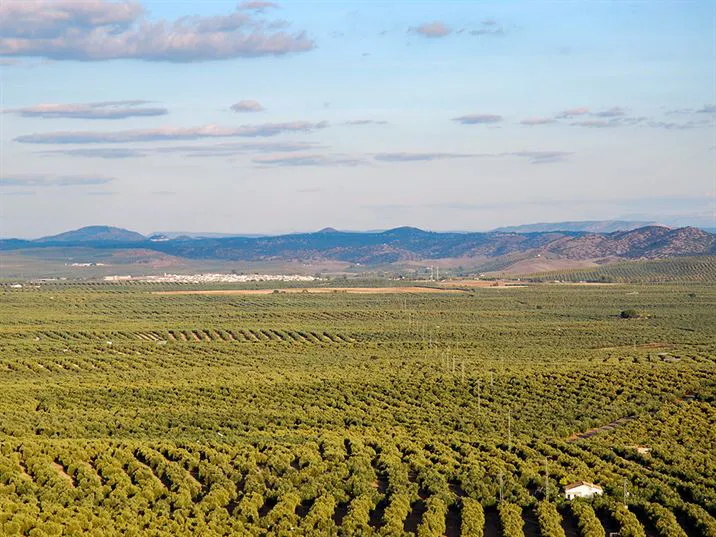
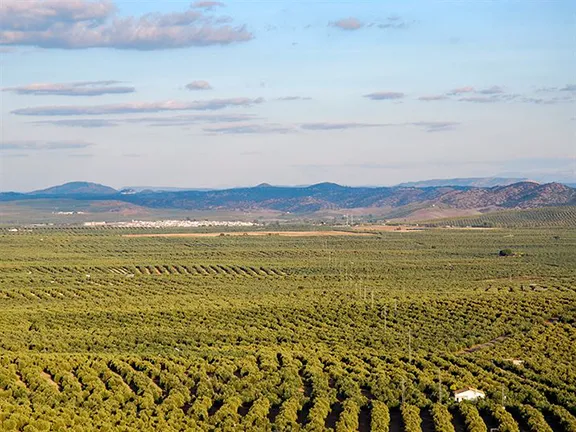
Olive groves in Jaen province
The best way to taste and assess olive oils is by soaking a small piece of bread in the oil and then eating it. Leave a few minutes between tasting one variety and the next to allow the aftertaste to disperse. Experts tend to taste the oil as they would wine, by testing its aroma, taking a little in the mouth, swirling it around and then either spitting it out or swallowing it. Personally, the bread method works for me, I find the pure oil, no matter which variety, a little harsh and astringent. Fortunately, those characteristics tend to be largely subsumed when the oil is used as a dressing or in cooking.
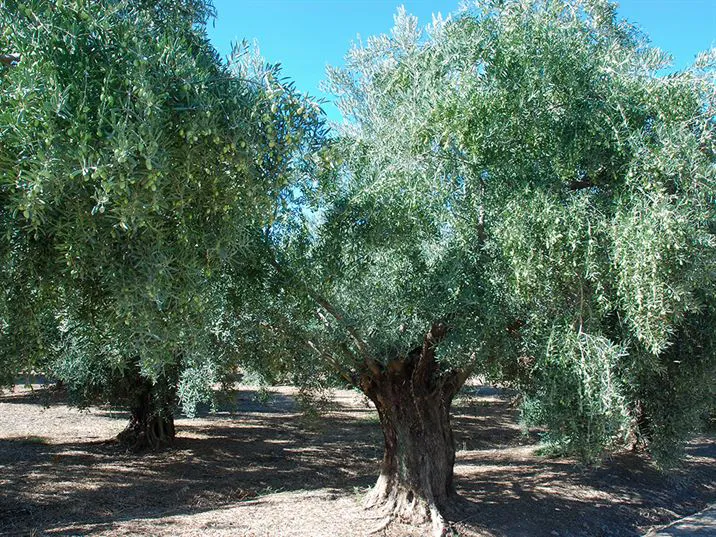
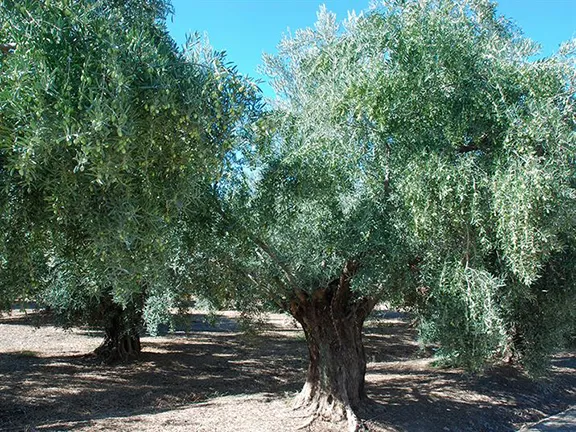
Picual olives in Jaen
The olives are picked between November and February. In Jaén this is primarily a manual process. During the picking season, all but 10% of the population find work. Nets are laid out beneath the trees and the branches are variously shaken by hand or with a small mechanical branch shaker or struck with heavy poles. Loaded into carts they are then taken to the local olive oil mill, often a cooperative. There are hundreds of mills and cooperatives in Jaén province, most with their own label. The olives are separated from the detritus of leaves and small branches and then washed and allowed to dry. They are then cold pressed to produce a cloudy, first press, extra virgin olive oil. In some speciality shops it is possible to buy oil in this state and much of the home-produced oil consumed by the families that own the olive groves will be in this form. The bulk of the oil is clarified by allowing it to rest or by a centrifuge process. To maintain the quality of the oil the first press is done within 24 hours of the olives having been picked.
There are two types of cooperative. The ones owned by manufacturers and the local cooperatives. Each of the manufacturers has its own label and in some cases the olives come from groves owned by the manufacturing company. The local cooperatives are more traditional. These obtain their olives from local, individual, growers who may own anything from one olive tree to many olive groves. The groves are family owned and many have been owned by the same family for generations. The growers are ‘paid’ in olive oil. A proportion of the oil produced from the olives they deliver to the cooperative is returned to the grower. The rest is either bottled if the cooperative has a label or sold to the larger manufacturers.
There are currently three protected guarantees of origin (D.O.P. from its acronym in Spanish) of olive oil in the province of Jaén: Sierra de Segura, Sierra de Cazorla and Sierra Mágina. There is work in progress to create a protected geographic indication (I.G.P. from its acronym in Spanish) that would include the whole of the province. Time to look at each of the six most common varieties of olive.
Picual is a variety that was cultivated in Spain. It is considered to be the queen of olive oils in Spain and globally—half the world’s olive oil is made from this variety. Jaén, Córdoba, Granada and Málaga, are its main places of origin. Picual is a stable oil in that it does not break down at higher temperatures, so it is good for cooking with. Its oil has the taste and aroma of olives and grass. As its name suggests, this full-bodied oil has a bit of a bite, slightly bitter with even hints of wood. Very intense, especially when made from trees grown on the plain, since those grown on the mountain yield fresher, lighter oils. It is also rich in oleic acid, which helps reduce the risk of cardiovascular disease. Its intensity makes it a good match for cold cuts and cheeses, it can also make salads go with a bang. The bitter taste disappears when it is used for that traditional Spanish breakfast of toasted baguette with chopped fresh tomatoes and oil.
Arbequina is a small olive that originated in Palestine. It was brought to Spain by the Duke of Medinaceli in the 17th century. Not many people know that. Arbequina produces a green oil with yellowish hues and a fruity flavour that can be mistaken for apple or almond. Mild and delicate, it works wonders with salads, including, used sparingly, fruit salads, vegetables, white fish and seafood, either steamed or fried, and with desserts. In Jaén province, some restaurants specialise in using olive oil alongside ice cream, pastries and cakes. Try it and see what you think.
Also known as Cornezuelo ‘little horn’, because of its shape. Cornicabra yields greenish-yellow oils with aromas of fresh herbs, ripe fruit and almonds and a slightly bitter, tart taste well balanced by a hint of sweetness. They go well with roasts. Try drizzling some over a leg of lamb before slow roasting on a bed of Spanish white potatoes. Magic.
Empeltre is a type of medium-sized, black olive originating in Spain. It is used both as a table olive and to produce a high-quality olive oil. If you find a yellowish oil, somewhere between straw and old gold, you’re probably looking at oil made from Empeltre olives with an aroma of apples and a mild, sweet taste. Try this oil in homemade mayonnaise.
Hojiblanca (literally translated, "white leaf" in Spanish) is an olive cultivar from Lucena in Córdoba province. It yields oil with hints of fresh grass. It is fruity, sweet and slightly tart, but has a smooth, lingering taste on the palate and an almondy finish. Packed with antioxidants, it is supposedly ideal for combating the effects of ageing. It is also the olive oil most easily absorbed by the intestine. It adds a touch of class to any salad, pickle, fish, meat carpaccio or gazpacho and brings out the flavour in blue fish such as salmon and tuna.
The Picudo olive is a variety that originated in Baena in Córdoba province. The name Picudo (loosely translated to “beaked”) comes from the shape of the olive, which is round with a curved point at one end. Its name echoes the fact that birds come and peck at the ripe olives. The Picudo olive tree is a thorny tree to grow. Its trunk is wild and tends to twist itself, and it becomes a gnarled tree. They are not easy to harvest, and that is why this variety is less frequent. Its olive oil is so precious that, in Jaén, it is considered an obligation to continue growing them and obtaining its olive oil every year. It gives a sweet oil, with hints of exotic fruit, apple and nuts. It is slightly tart and works on toast, warm salads, gazpacho’s, and pastries.
The better supermarkets sell a range of oils from different provinces, and it is hard to decide which to try, there are literally hundreds of different labels. I hope the tasting notes help. Despite being overwhelmed in Úbeda by the choice available, especially in the specialist shops, my favourite olive oil remains that of Tabernas, a small desert town that isn’t even in Jaén province, it is in Almeria. Although I still have some bottles brought back from Jaén to sample so that opinion may change.